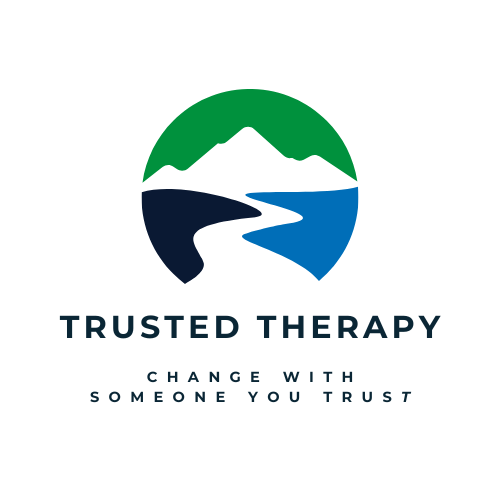It’s that time of year again when families and friends gather to celebrate the holidays. For many of us this can be a joyous time and we embrace being able to catch up with friends and families. But for others, specifically those who have an eating disorder or are in early recovery from an eating disorder, this time of year can be particularly stressful. Our culture tends to celebrate with food. By this I mean, we tend to have gatherings with friends and family around a meal. We may go out to eat at a restaurant or make a large lunch or dinner for our guests. So how can you support the person you care about who is struggling with an eating disorder? Most importantly would be for you to directly ask this person how you can be supportive during this time. For some people who are struggling just knowing that there is someone who cares about them and is willing to talk to them if they need support, may be enough. Others may provide you with specific examples of things that you could do to help them. These may include having some “safe foods” or foods that the individual feels okay about eating, available to them or allowing them to bring food that they are comfortable eating. It may be allowing them to have a say in the restaurant you decide to have the event. Maybe the individual struggling isn’t comfortable eating with a large number of people so you could arrange to have them meet with everyone following the meal.
For some people with an eating disorder it is too hard for them to know what they need/want for support or they may have difficulty being able to communicate this to you. Some helpful tips when this happens are to be sensitive and respectful of your loved one who is struggling. Allow them to get their own plate of food, try to prepare a variety of foods and make sure to have some “healthy” options available, try to limit any talk about weight, size, calories, or other potentially triggering conversations. Try to keep the conversation at the table happy and uplifting, don’t bring up any topics that you know may be upsetting for someone. Do not make comments about what the individual is or is not eating or point out any eating disorder behaviors while at the table with a large number of people. If you feel you need to address a concern with the individual, please do so in private. Above all, recognize that the individual is struggling with a disease and doesn’t want to be dealing with an eating disorder any more than you want to see them struggling. Do not blame the individual for their behaviors, but instead provide a warm and empathic understanding for what they are going through and try to appreciate the courage and strength the individual has to attend gatherings when they may be feeling overwhelmed or anxious.
Trusted Therapy, Inc Tonya McFarland, PsyD, CEDS Licensed Clinical Psychologist, Certified Eating Disorder Specialist 1030 Johnson Rd, # 323 Golden, CO 80401 303-709-5897 www.trustedtherapy.com tonya@trustedtherapy.com